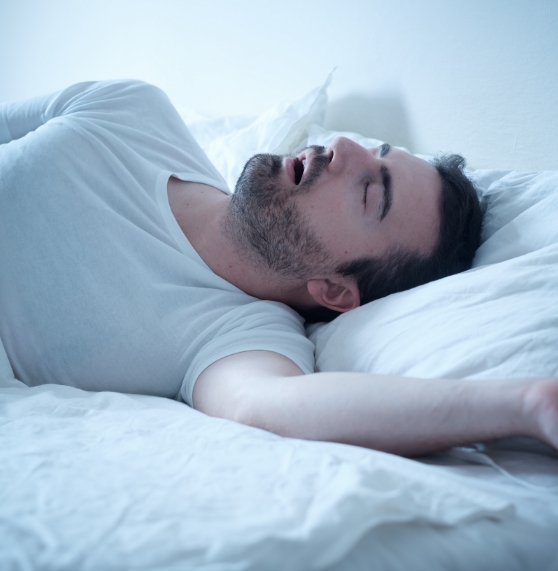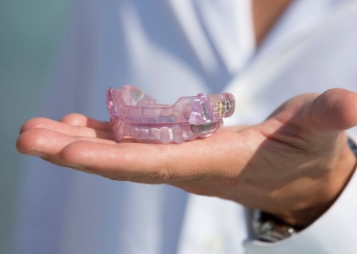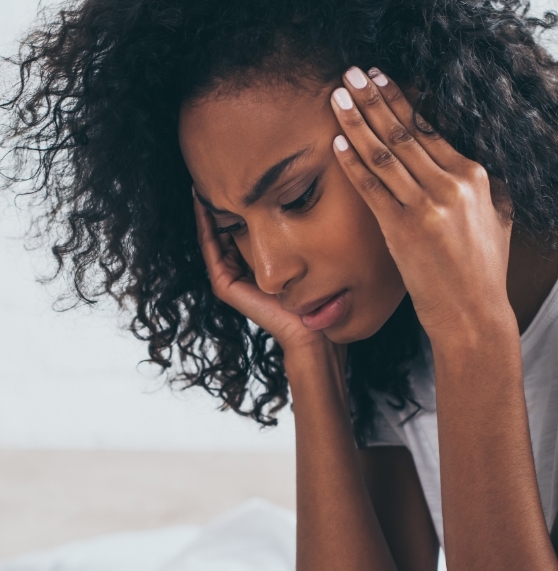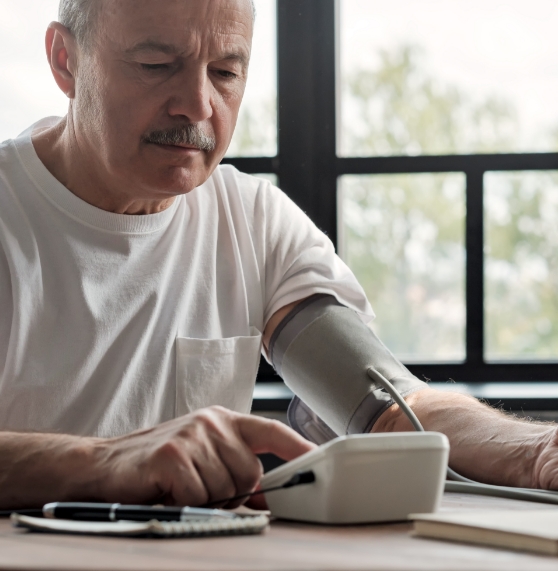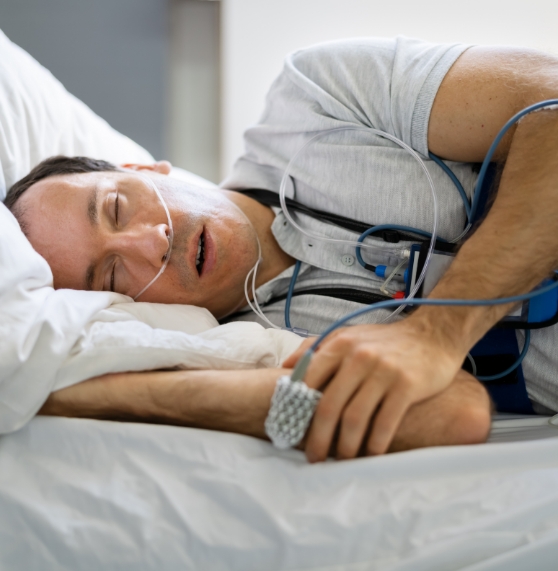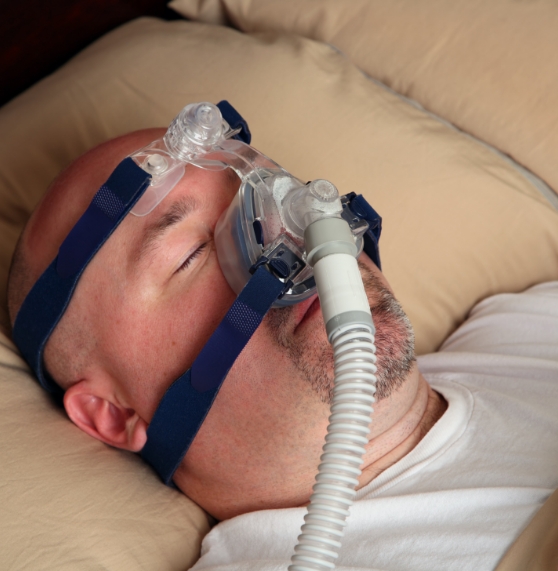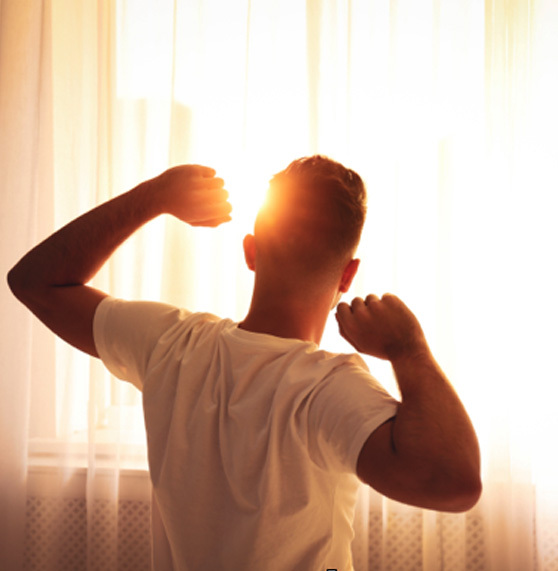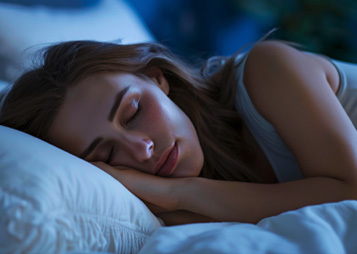What Is Sleep Apnea? Northern Arizona
What is Disrupting Your Nightly Slumber?
If you consistently go to bed early enough to get a full 7 to 9 hours of sleep but still wake up feeling exhausted, it could be due to a common sleep disorder known as sleep apnea. Not only can this condition often cause loud snoring, but it can also prevent you from getting quality sleep, putting your overall health at serious risk in the long run. You can learn more about sleep apnea on this page! If you suspect that you may be dealing with this disorder, we encourage you to call Sleep Better Southwest today to schedule a FREE sleep apnea consultation with Dr. Held at any of our three sleep dental offices in Northern Arizona.

